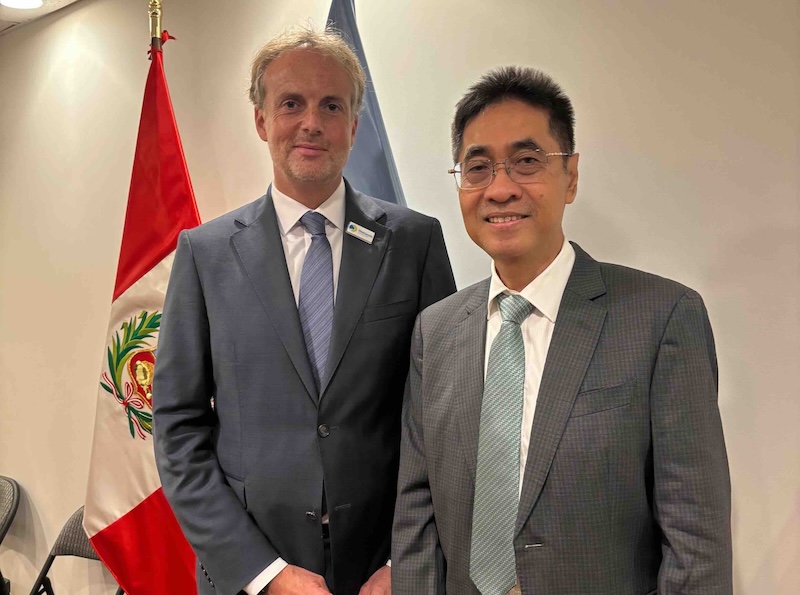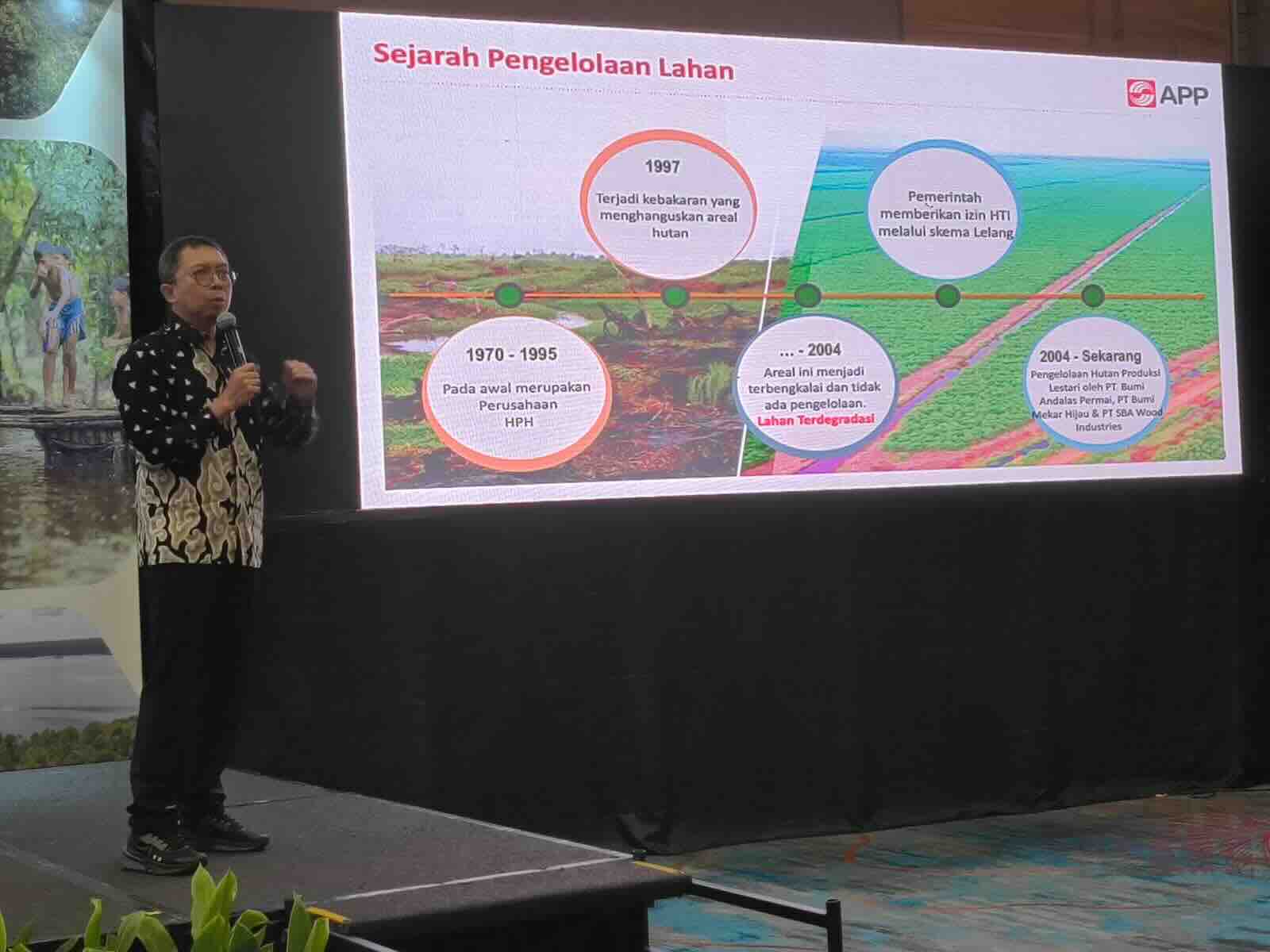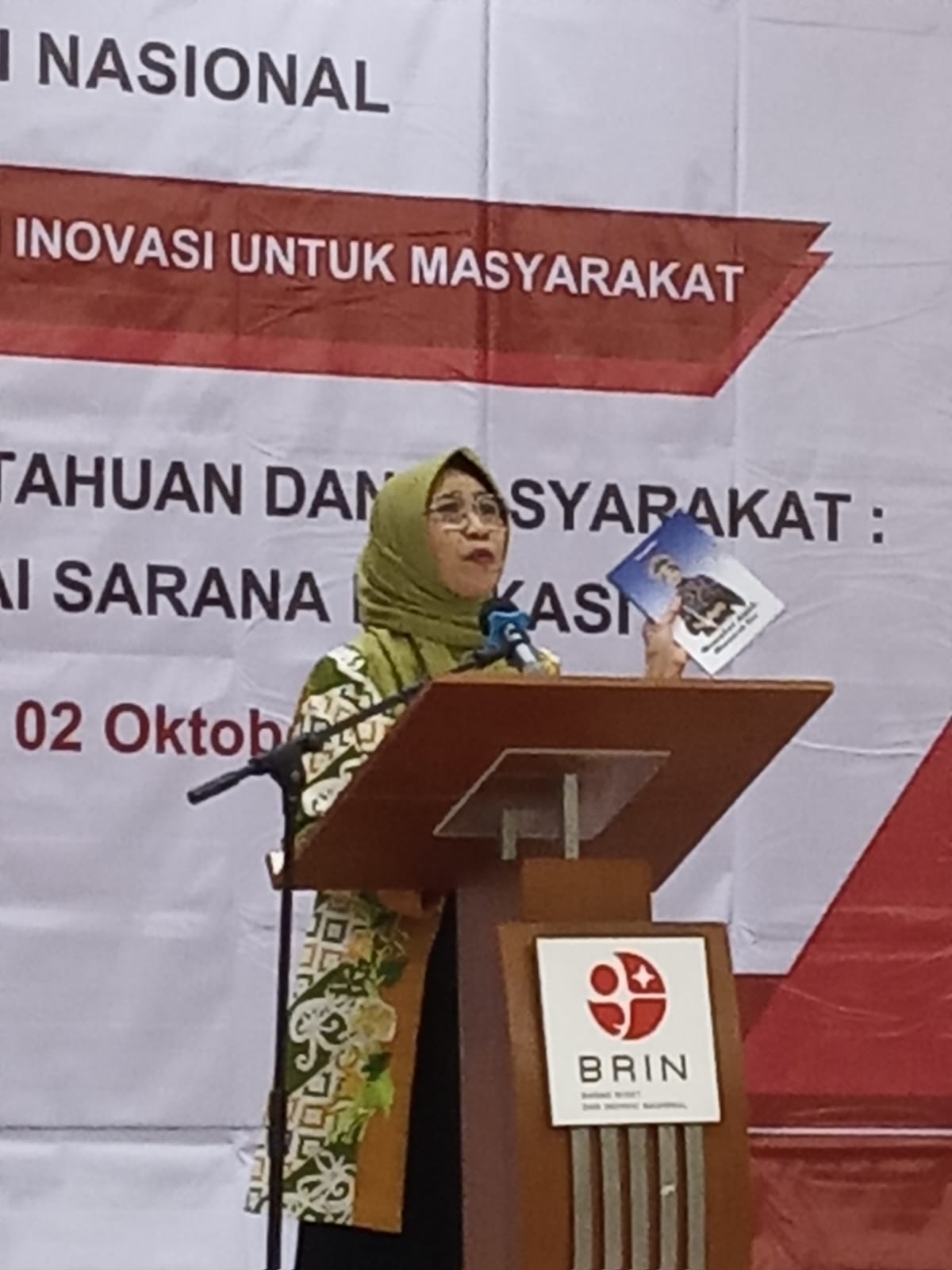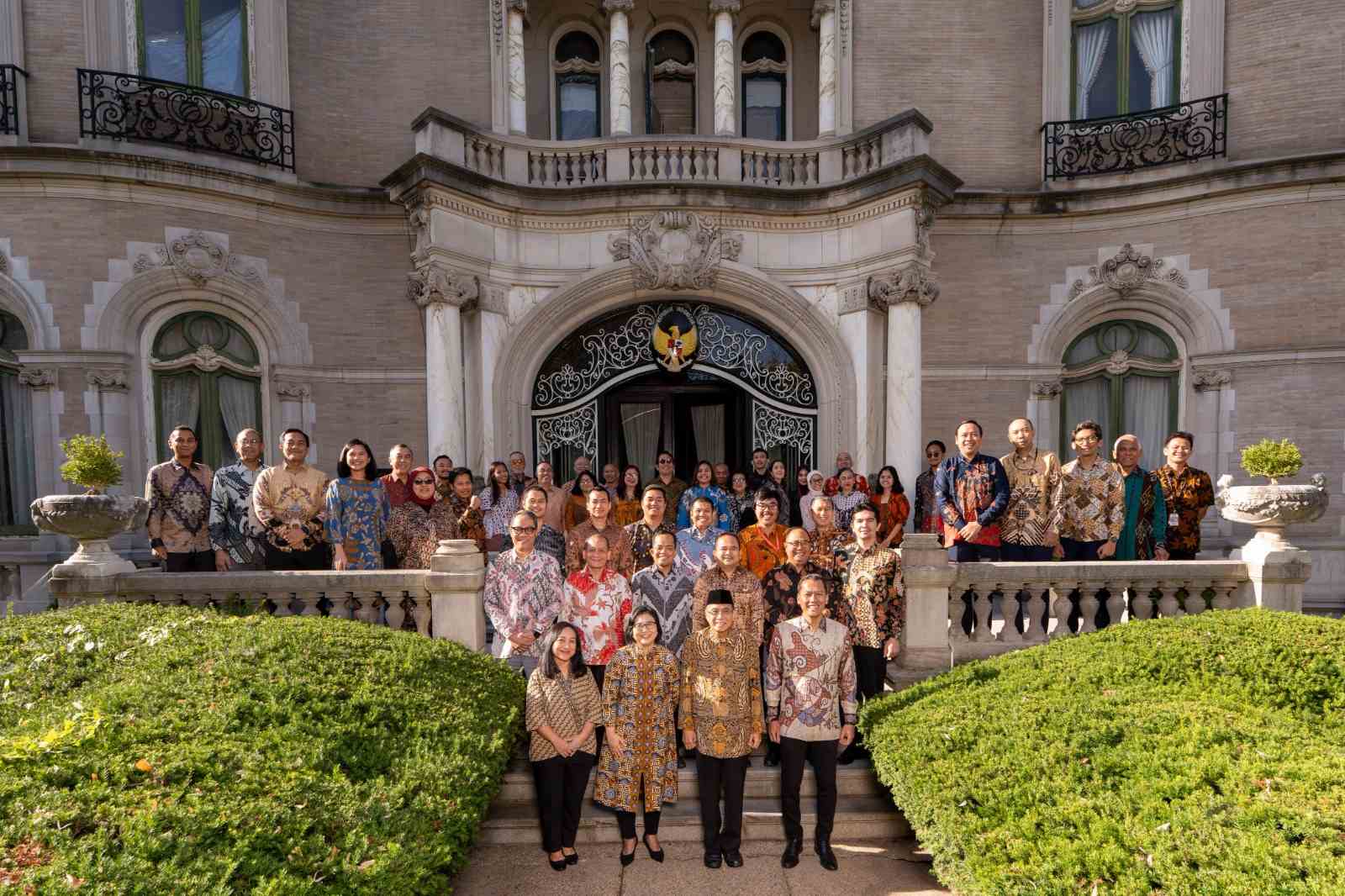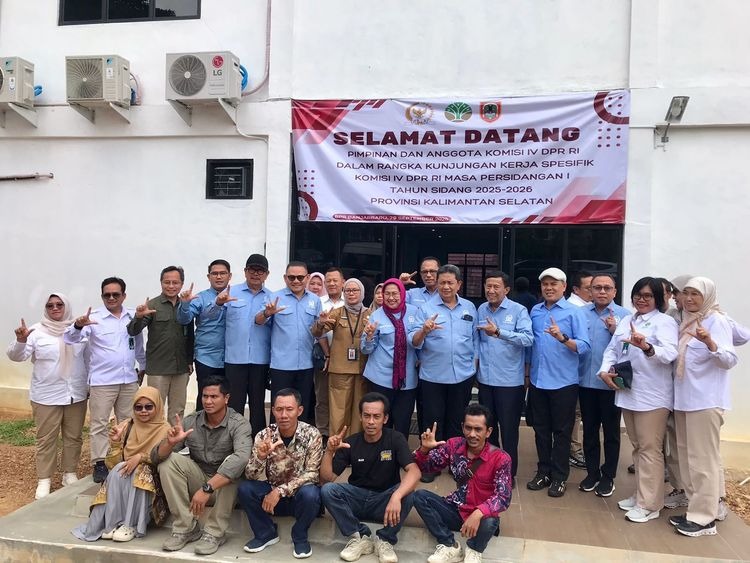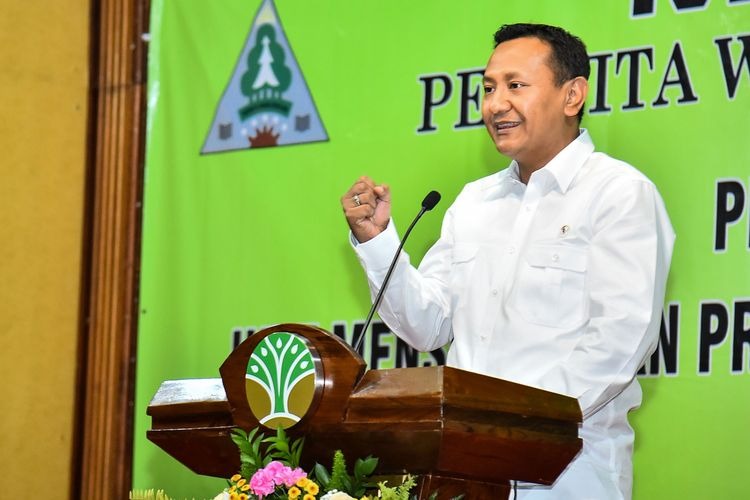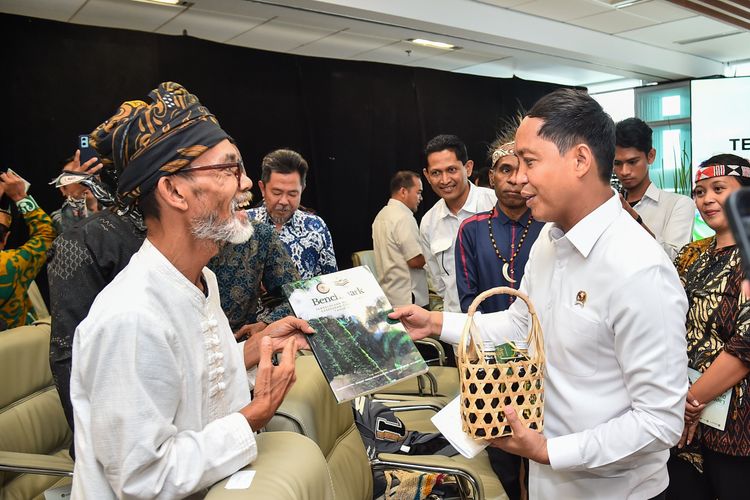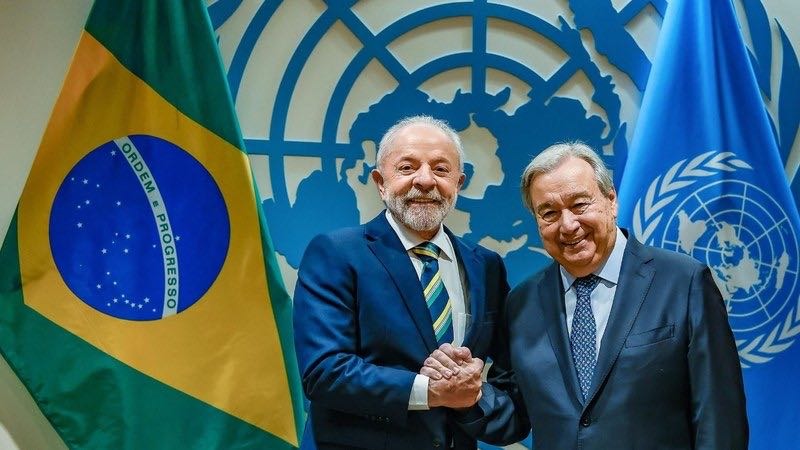Enviro News Asia, New York – Cross-border cooperation is seen as the key to accelerating global peatland restoration. This message was emphasized by Indonesia during the Peatland Breakthrough (PB) meeting held at the Permanent Mission of Peru to the United Nations in New York on Thursday (September 25, 2025), as part of New York Climate Week.
The Indonesian delegation was led by Agus Justianto, Senior Policy Analyst at the Ministry of Forestry, and Krisdianto, Head of Public Relations and International Cooperation Bureau. Both stressed that peatlands are strategic assets for climate change mitigation, biodiversity conservation, and community well-being.
The Peatland Breakthrough (PB) was officially launched as a global initiative to accelerate peatland conservation, restoration, and sustainable management. Led by the United Nations Environment Programme (UNEP), the initiative brings together partner countries, international organizations, experts, and potential donors from both the public and private sectors. Its main agenda is to strengthen the global vision for peatland protection while establishing a scientific framework and financing mechanisms to accelerate tangible action ahead of the UN Climate Conference COP30.
Currently, PB is in its development phase (pre-COP30) to raise awareness and outline a science-based framework. Following COP30, the initiative will move into its implementation phase with clear targets, policies, field projects, and financing mechanisms.
During the meeting, Agus Justianto highlighted that Indonesia holds 24.67 million hectares of tropical peatlands—the largest in the world—storing around 46 gigatons of carbon, equivalent to 8–14 percent of global peat carbon stocks. Through regulations, ecosystem rehabilitation, and community-based programs such as the Peat Care Independent Village initiative, Indonesia has restored millions of hectares of peatlands using the 3R approach: rewetting, revegetation, and revitalization of community livelihoods.
“Managing and restoring peatland ecosystems is crucial to achieving both national and international climate targets, including our NDC commitments under the Paris Agreement and the FOLU Net Sink 2030 program,” Agus said.
Krisdianto added that successful global peatland restoration can only be achieved through cross-sector collaboration, long-term financing, and science-based knowledge exchange. “Peatlands should not be seen as a climate liability, but as a climate superpower that can be part of the solution if managed properly,” he stressed.
At the same forum, Peru officially declared itself as the first Champion Country under the Peatland Breakthrough initiative. The country committed to protecting 2.5 million hectares of Amazonian peatlands under its Nationally Determined Contribution (NDC) for the 2023–2030 period, while inviting other nations to join the global effort. (*)




